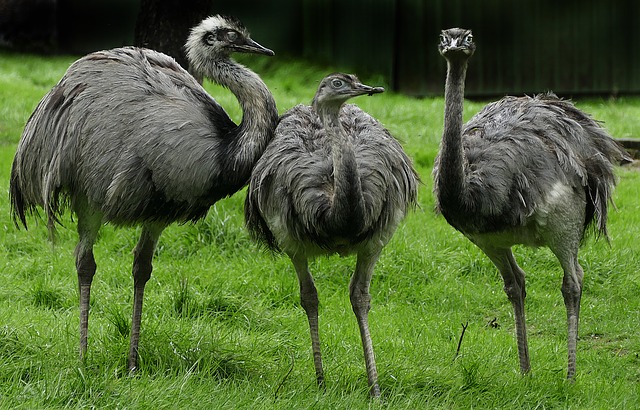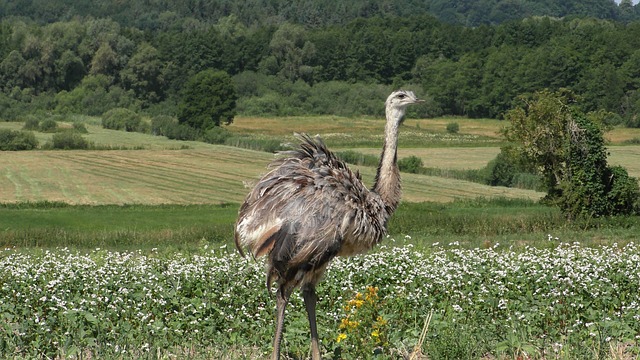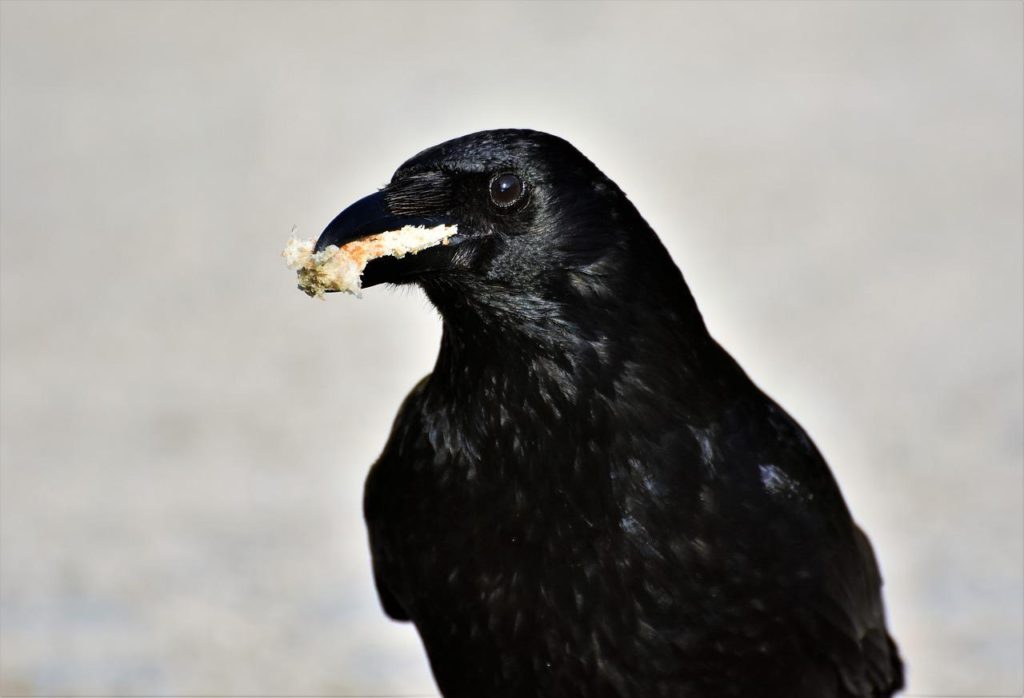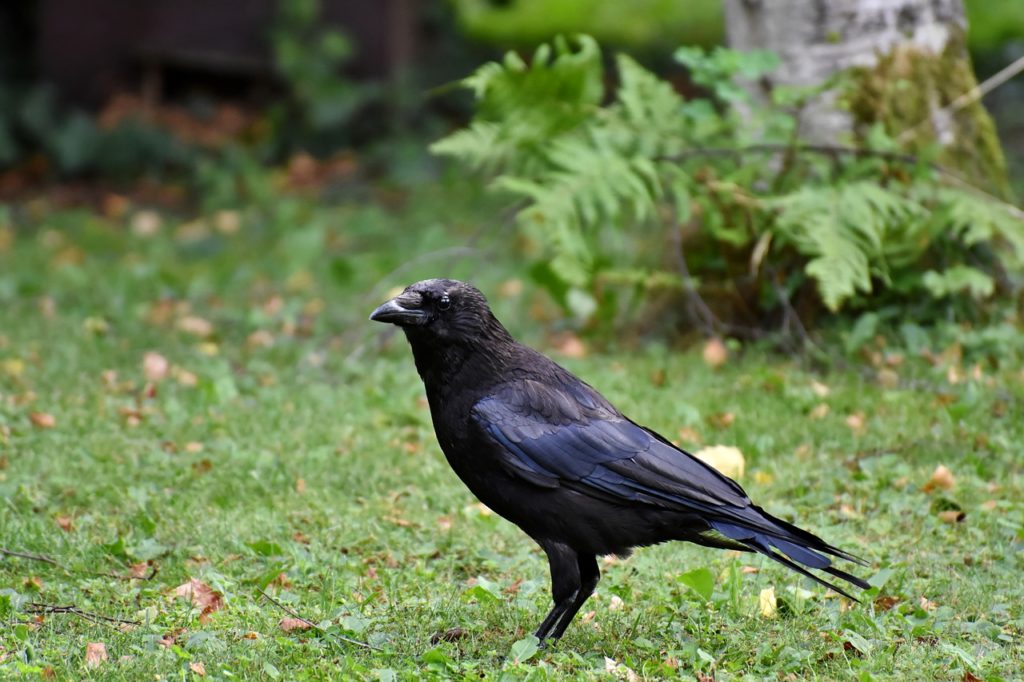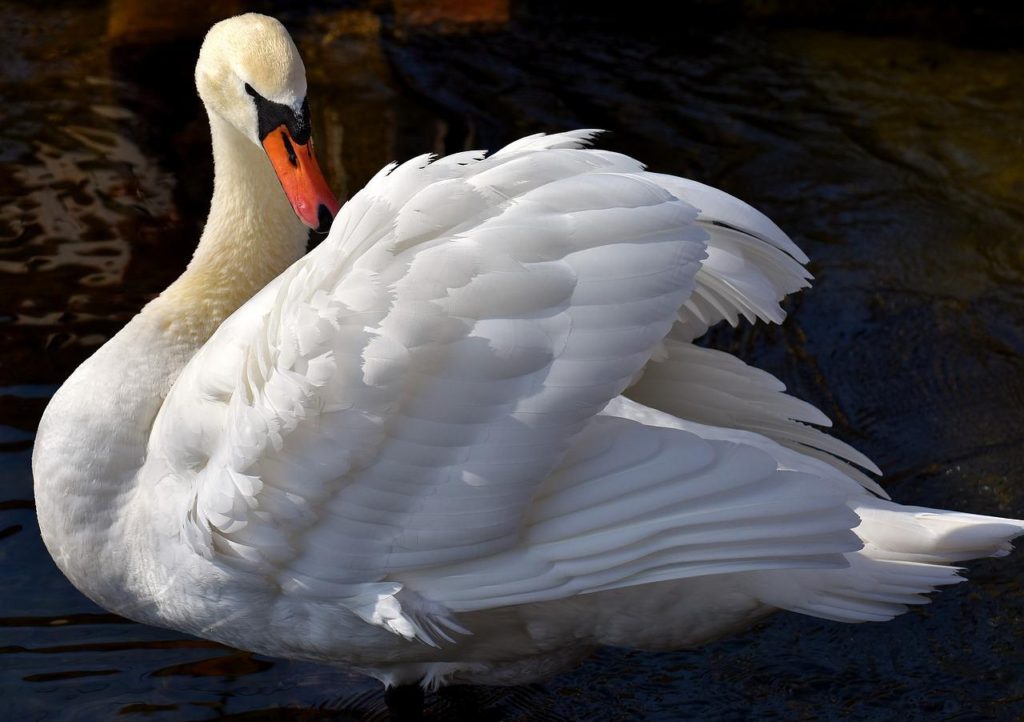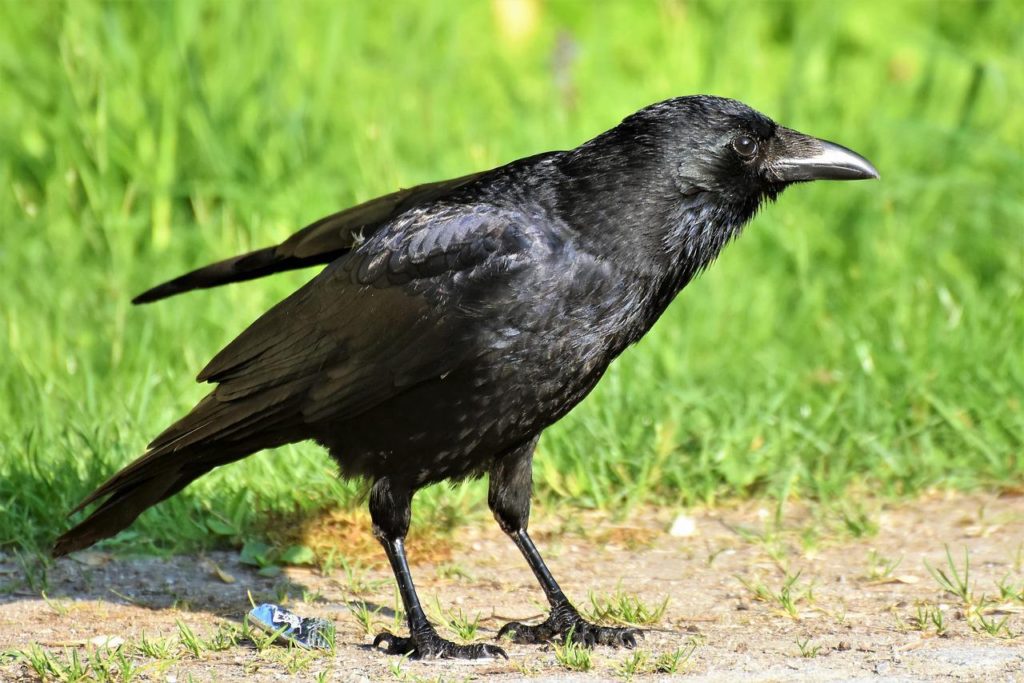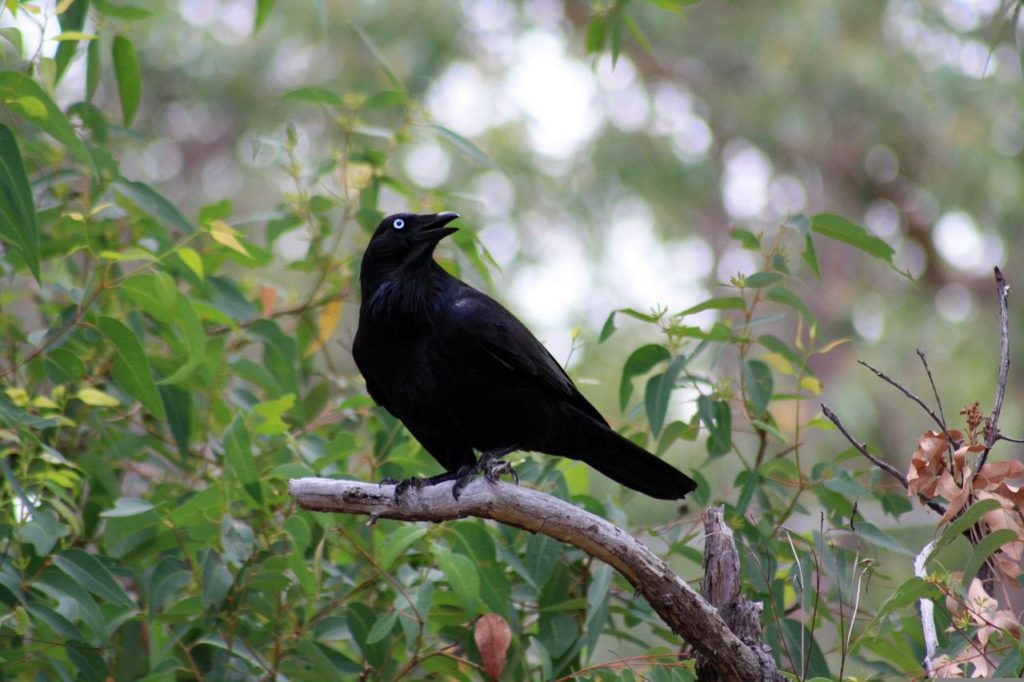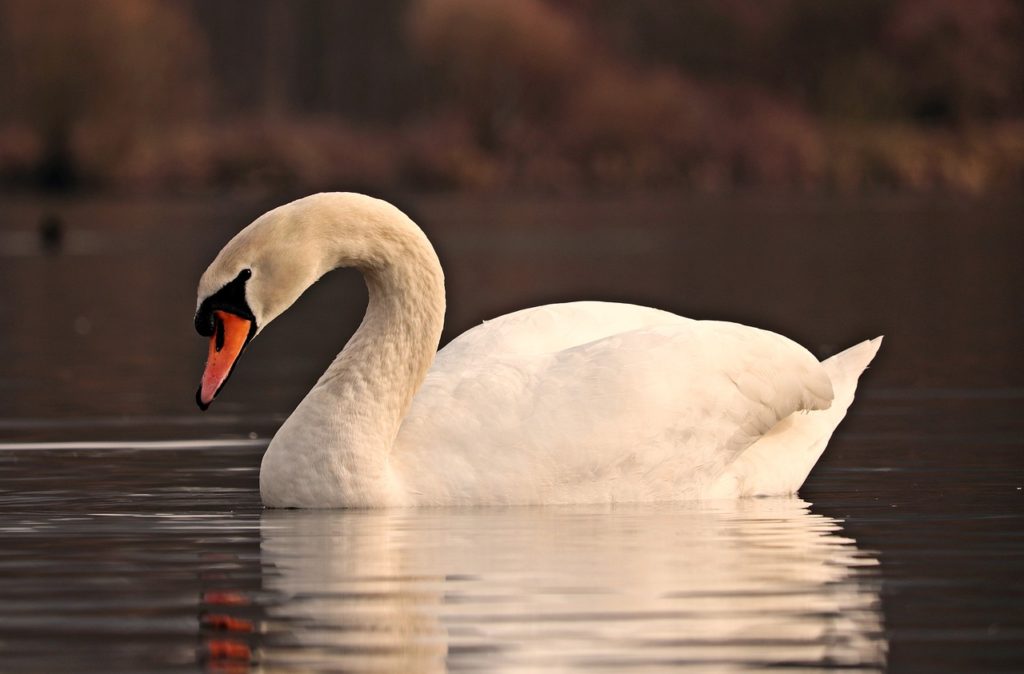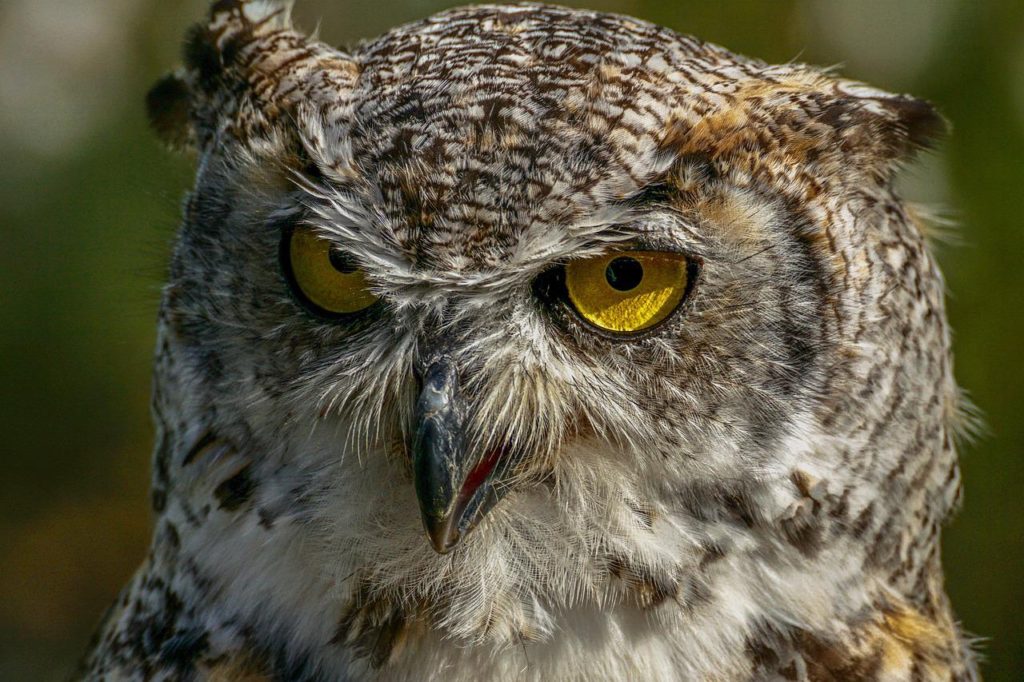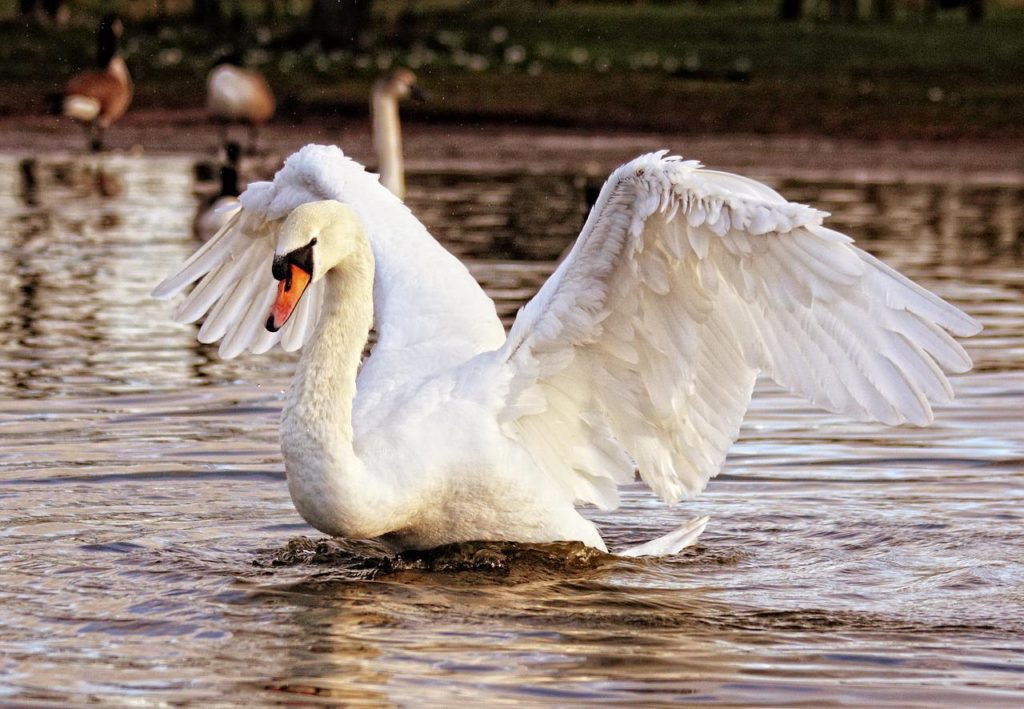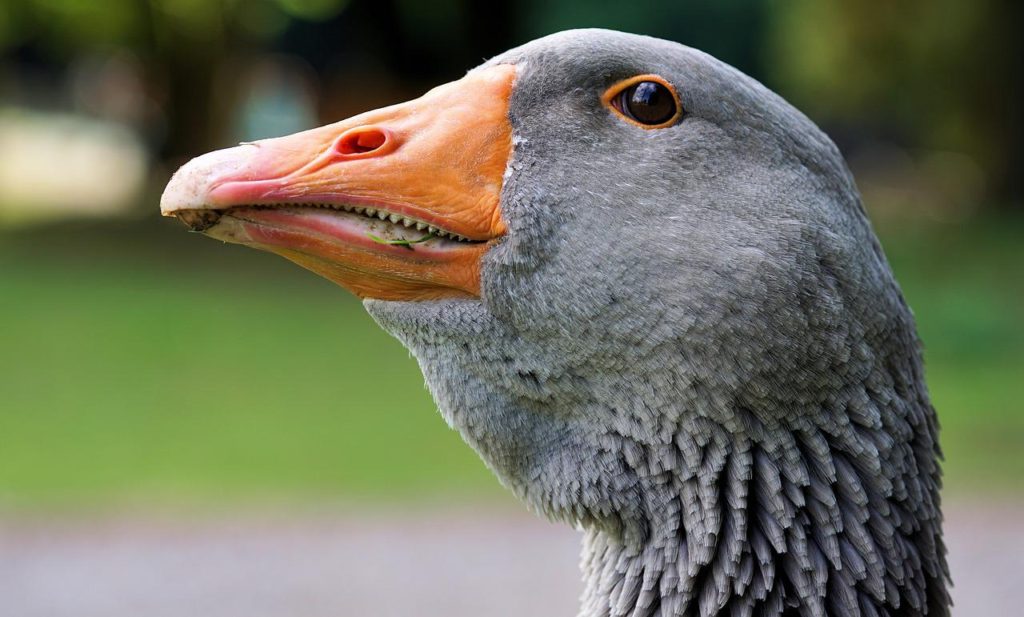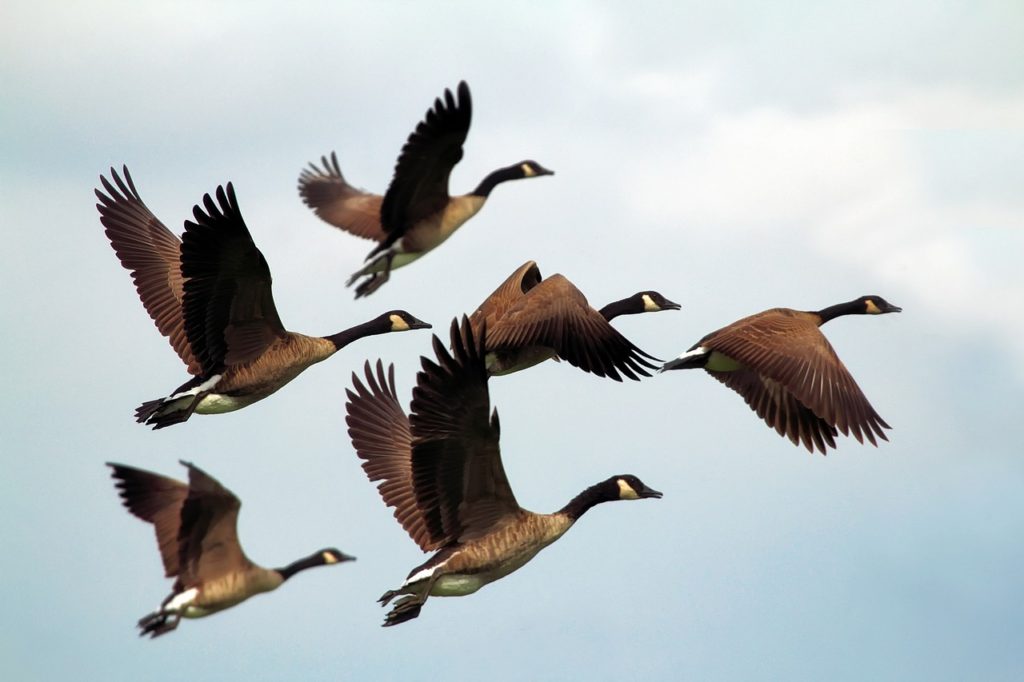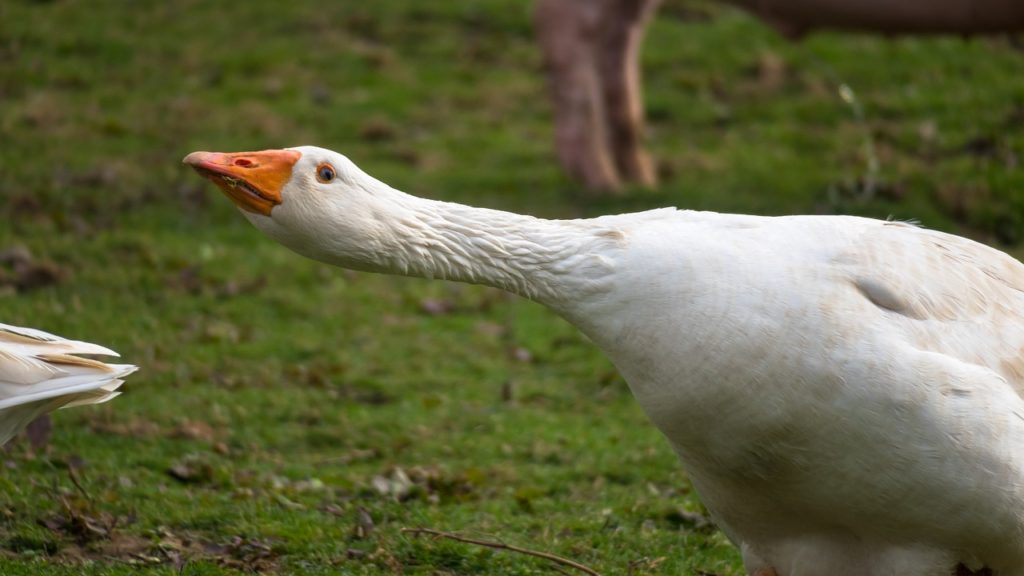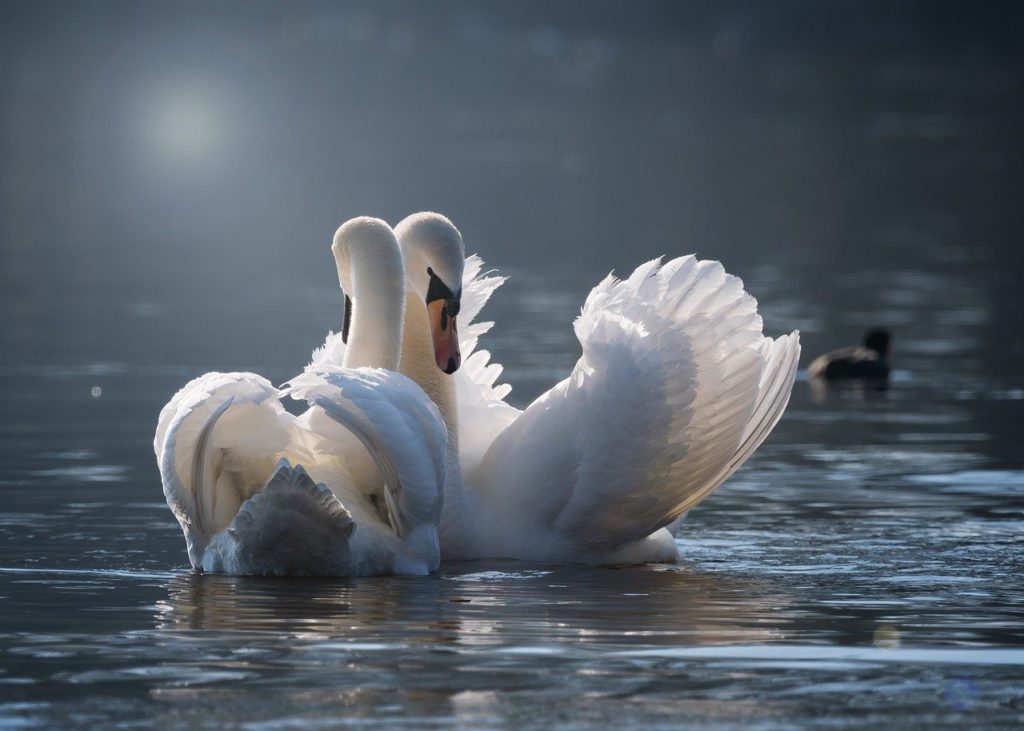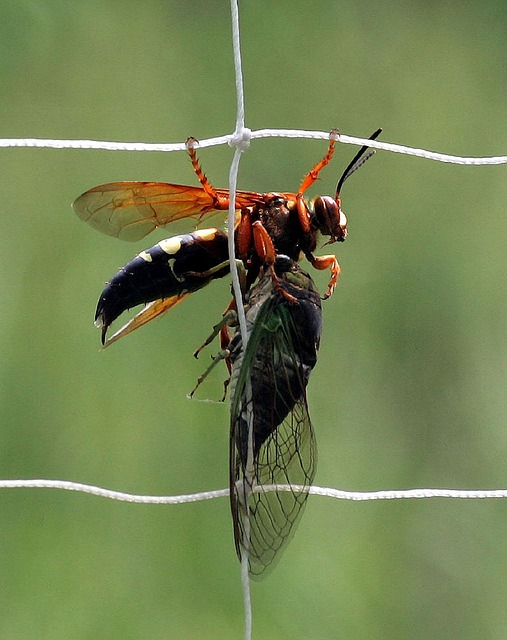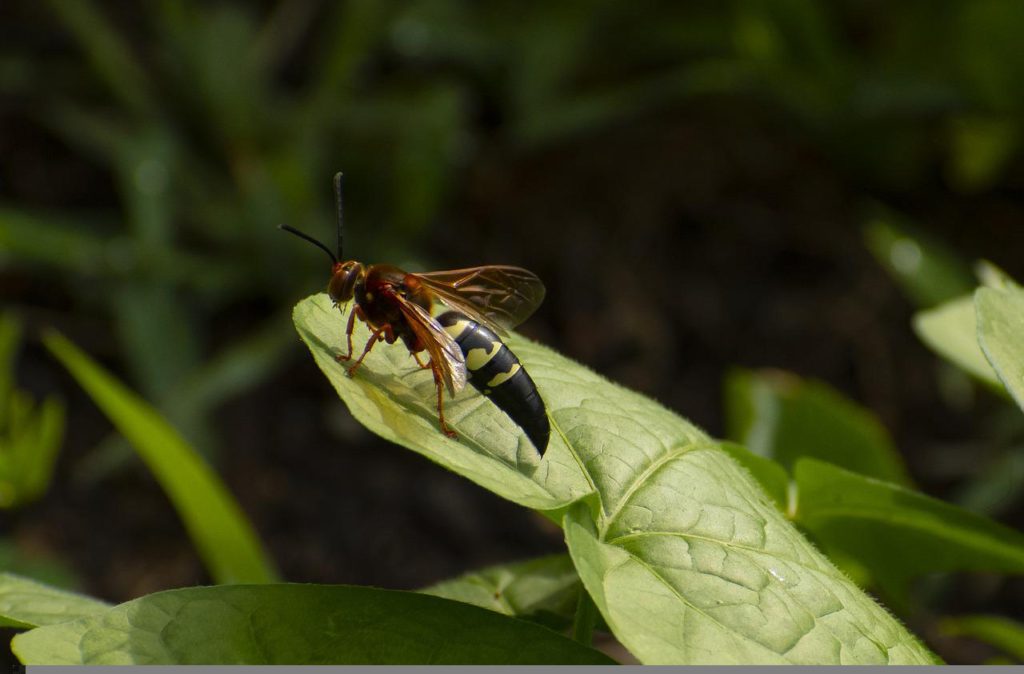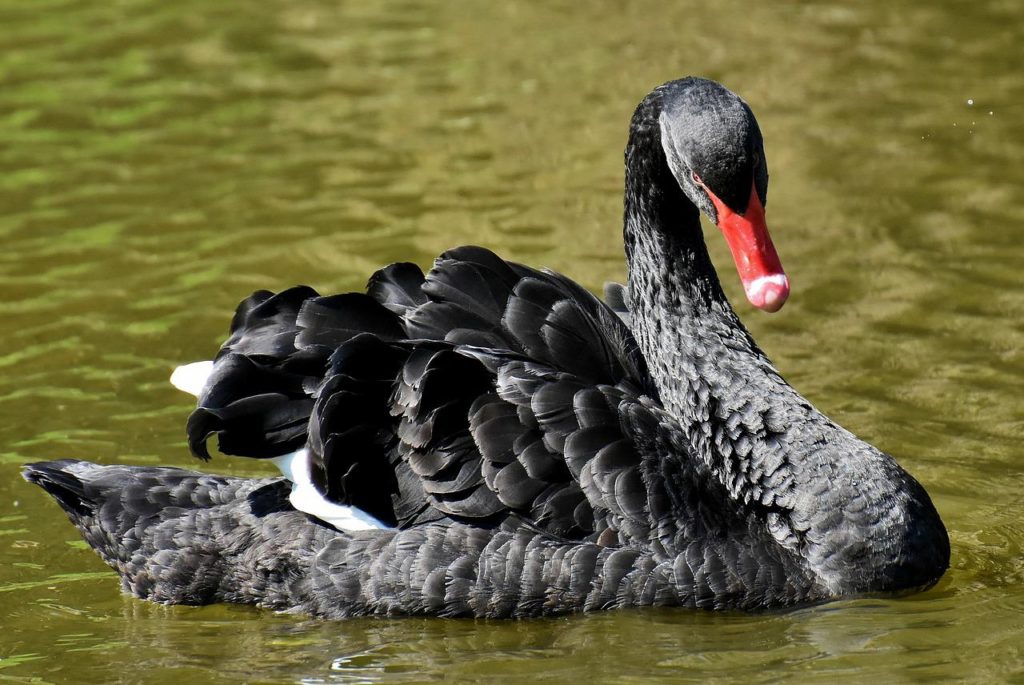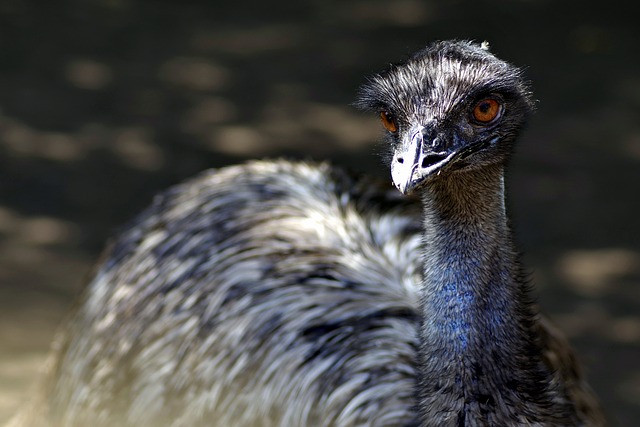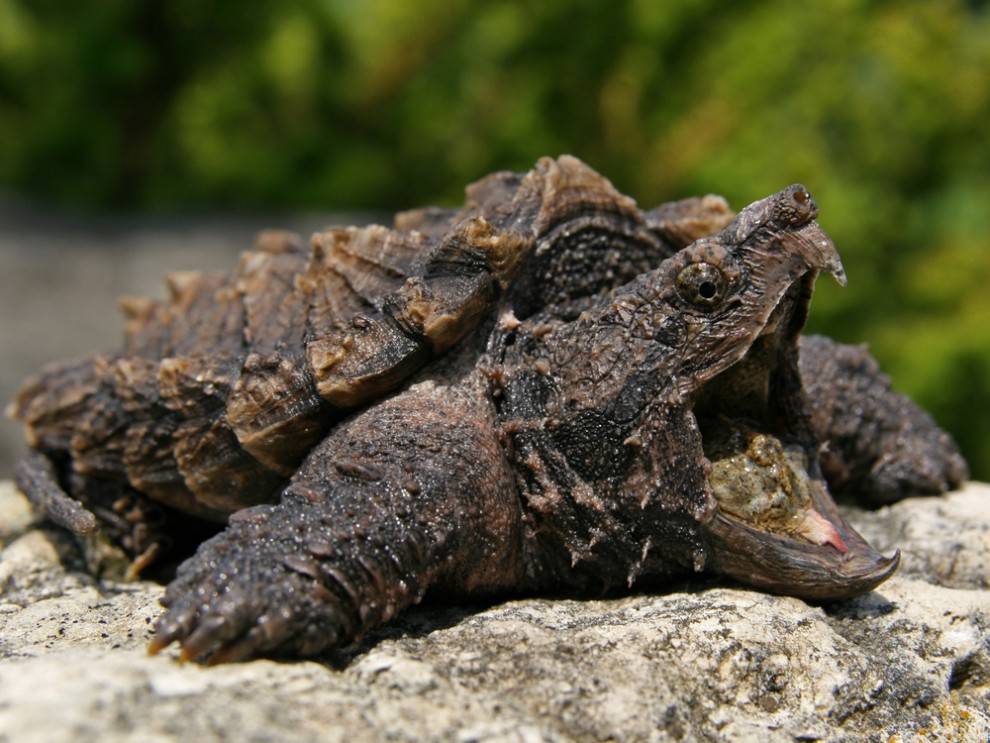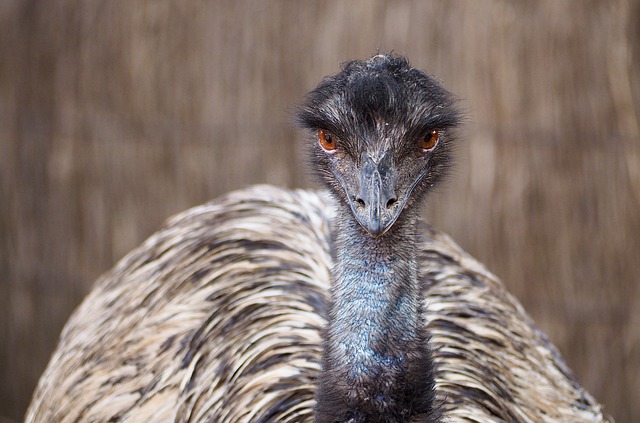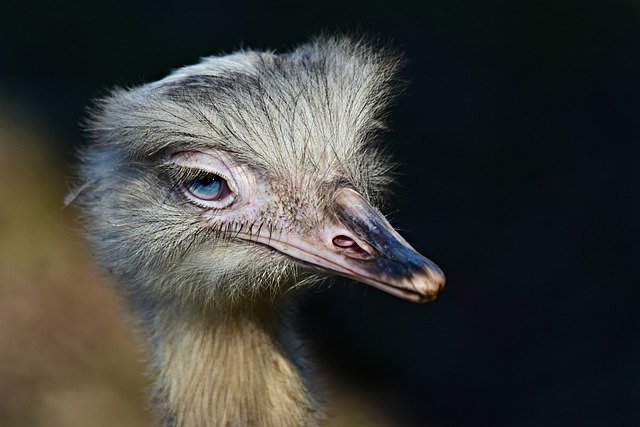
Doting dads, did you know the male rhea builds the nest, incubates the eggs, and takes care of the young? The rheas are paragons of parental care. It’s a bird like no other, and you will be surprised by the following rhea facts.
Rheas Are One Of The Best Dads In The Animal Kingdom
In most animal species, fathers do the fertilization duties and they are never seen again. However, the male rhea is hands-on when it comes to caring for their young. This behavior can be found in its close relatives as well such as the ostrich, emu, and cassowary.
Rhea Chicks Shelter In Their Father’s Wings
For the rheas, the male incubates the eggs; he sits on the eggs for up to 40 days till they hatch. When they hatch, he raises the young. For the chicks to stay comfortable and safe, the dad shelters then under his wings. The male even adopts lost chicks.
You might ask, what is the female doing all this time? While the males are raising the young ones, the females are off mating with other males and leaving them to incubate the eggs and raise the kids.
A Rhea Nest Can Hold Up To 80 Eggs And It Is Built By The Male
Unlike most birds, male rheas build the nest. A single nest holds eggs from different parents. The male digs a hole about a meter in diameter and lines its bottom with vegetation. He then mates with several females and they all lay their eggs in the same nest.
A single nest can contain up to 80 eggs. In contrast, a typical bird nest holds between four to six eggs. If you think that we are done with rhea fun facts wait until you read the next. It seems that these flightless birds are very different from almost all other birds on the planet.
Rheas Roar Like Mammals
Did you know that the bellowing call of a rhea is similar to the roar of a lion rather than a bird’s song? This is mostly used during courtship by males. During the breeding season, the male attempts to attract females by making a loud booming noise that can be heard from afar. While making the call, they will ruffle their plumage, lift the front of their body, extend their wings, and run short distances.
Rheas Have Only Three Toes Unlike Most Birds
Their three-footed toe distinguishes them from ostriches. The ostrich has two toes and most other birds have four. The rhea’s tarsus has between 18 and 22 horizontal plates. This is one of the most interesting facts about rheas.
The Rhea Is The Largest Bird In South America
Standing at about 4 feet and weighing around 50 pounds, the greater rhea is the largest bird in South America. Most rheas are gray but some are brownish-gray or white. Rheas are native to South America only. They are found in Uruguay, Peru, Paraguay, Chile, Brazil, Bolivia, and Argentina. They inhabit woodlands, pampas, and grasslands.
Rheas Are Considered Near Threatened
According to rhea bird facts by National Geographic, rheas are classified as ‘Near Threatened’ because their population is decreasing. They are being hunted for meat and their skin, which is used in the manufacture of leather. The hunting of rheas has significantly thinned their population.
Rheas Are Classified As Ratites
Rheas, ostriches, emus, cassowaries, and kiwis all belong to a class of birds called ratites. The rhea shares similar characteristics with the ostrich including similar facial structure, large feathers, and impressive body size.
Rheas Are Opportunistic Eaters
They enjoy seeds, fruits, and plants. They can also feed on birds, lizards, and insects. Rheas also eat crops. This problem has intensified as grasslands in South America are converted to farmland.
Rheas Are Not As Dangerous As People Think
A rhea is not a bird to be messed with. It has sharp claws that can disembowel a person with a single blow. However one of the rhea facts many people don’t know is that a rhea is much more likely to flee from humans than to attack them.
Start Shopping for Birding Supplies!
What Do Crows Eat?
With roughly 40 different species, crows are a common sight in most places around the world. And while most of us are familiar with their appearance and harsh vocalizations, their diet is not as obvious. So what do crows eat? Here's what you'll want to know. What Do...
What Are Crows Good For?
Crows are widely considered to be pests. However, these large and highly intelligent black birds actually serve quite a few important functions in the environment. So what are crows good for? Here's what you'll want to know. Pest And Parasite Management Crows are...
How Long Do Swans Live?
Swans are graceful and beautiful creatures and as such, people have many questions about them. They want to know about their mating rituals, their diet, their preferred habitats, and even their lifespans. How long do swans live for anyway? Swan lifespans actually vary...
Are Crows Good Pets?
People all around the world see and hear crows on a daily basis. Although these intelligent and dark birds are practically ubiquitous, most people don't think of them as being household pets. Are crows good pets? The general consensus is that crows do not make...
Are There Crows In Australia?
Crows are remarkably smart birds that also happen to be extremely adaptable. They navigate unfamiliar circumstances via observation and interaction. Crows reside in locations all over the globe. While they do not live in certain parts of South America, they do reside...
What Do Swans Eat?
Swans are famously long-necked birds that are symbols of romance, love, beauty, and purity. Since these waterbirds have so many admirers, people often wonder about their eating habits, behaviors, and more. What do swans eat, anyway? Swan Basics Swans typically live in...
Birds That Look Like Owls
Owls are typically solitary and mainly nocturnal birds. And although these well-known hooting creatures have a rather distinctive physical appearance, there are actually various other kinds of birds that resemble owls closely. And people sometimes mix them up. So...
Why Are Swans Protected?
Swans are graceful and gorgeous creatures. They also happen to have protection in the United Kingdom, interestingly enough. Why are swans protected there, anyway? And does the Queen own all the swans? Yes, she actually owns any mute swans that are unclaimed in both...
Birds With Teeth
Birds do not have teeth. However, there are quite a few that really look like they do! These birds have evolved special beaks which help them to perform important functions. So here are some of the most amazing birds with “teeth,” and what you’ll want to know about...
Do Geese Fly?
Although geese are clearly birds, there are many individuals who do not necessarily associate them with flying. So, do geese fly? The honest answer is that these waterfowl do. They do not exactly slouch in the flying department, either. Many people are pleasantly...
Are Geese Dangerous?
Geese, in brief, are waterbirds that are quite substantial in size. Since they're often spotted on golf courses, at schools, and in community parks, people understandably tend to wonder whether they're safety threats. Are geese dangerous? Why Geese Attack...
Do Swans Mate For Life?
Swans are famously elegant waterbirds that are known for their sizable bodies, webbed feet, and lengthy necks. People often associate them with romantic imagery and monogamy. Do swans mate for life? You can find the response to that common and rather fascinating...
When Do Cicada Killers Come Out?
Whether you dread them each year or are waiting for them to emerge and control the cicada population you may be wondering, “When do cicada killers come out? The answer is they come out each summer in late June or July. Here’s what you’ll want to know. Cicada Killer...
Are Cicada Killers Dangerous?
One look at one of these huge wasps buzzing around, your yard, and it’s only natural to ask, “Are cicada killers dangerous?” Fortunately, these wasps are mild-mannered. But here’s what you’ll want to know. Cicada Killer Wasps Basics Cicada killers emerge from the...
What Are Black Swans?
What are black swans? Black swans (Cygnus atratus) are sizable waterbirds. This species primarily appears in Australia's southwestern and southeastern portions. The black swan is nomadic in its homeland. This bird, true to its name, is mostly black. Although the bird...
What Do Cicada Killers Eat When There Are No Cicadas?
What do cicada killers eat when there are no cicadas? Well, while cicada killer wasps do hunt cicadas, the adults don’t actually eat them or kill them, their young do. Read on to learn more! The Cicada Killer Diet While you may have seen cicada killer wasps flying...
Do Cicada Killer Wasps Sting?
As one of the biggest species of wasp in North America the cicada killer wasp can be intimidating. And because of their size, appearance, and scary-sounding name, many people wonder, “Do cicada killer wasps sting? The answer is yes and no, and here’s what you’ll want...
Emu Facts
Did you know? One emu egg can make an omelet that can feed up to six adults. Did you know that the emu is the only bird with calf muscles? Can an emu walk backward? Let us find out by exploring some of the most jaw-dropping emu facts. Emus Have Amazingly Powerful Legs...
Alligator Snapping Turtle Facts
Flightless Australian Birds
There are over sixty species of flightless birds in the world. These birds have lost their capability to fly through evolution, and several of them live in the “land Down Under.” So here’s a list of all the flightless Australian birds. Emu The emu is a large...
